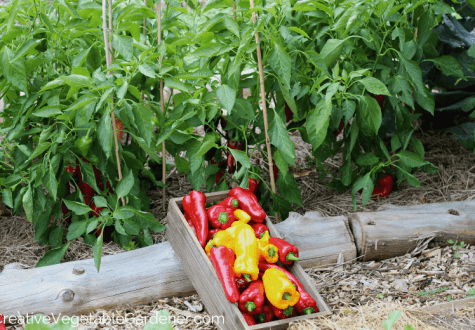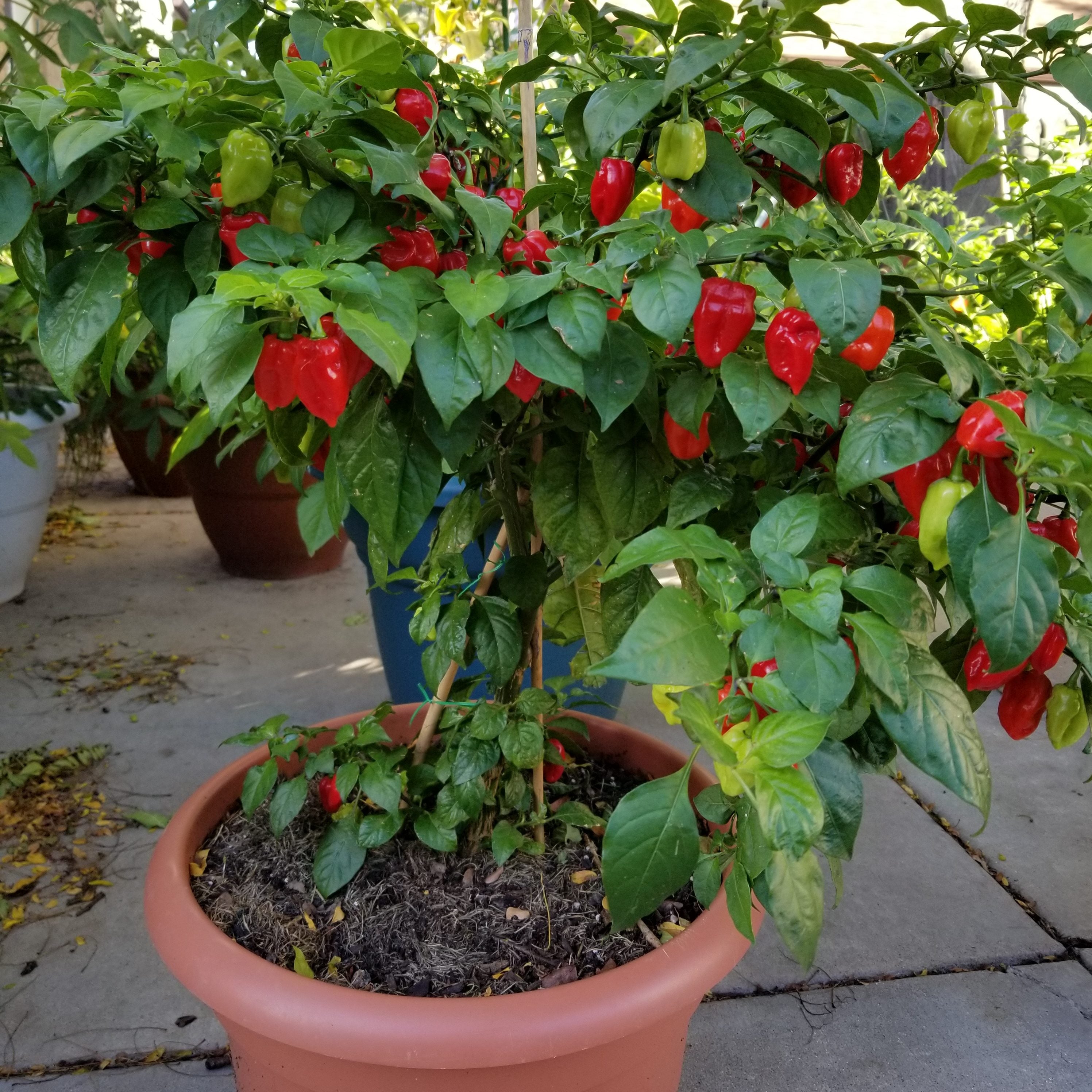Best Fertilizers for Peppers: A Comprehensive Overview to Boost Your Harvest
Best Fertilizers for Peppers: A Comprehensive Overview to Boost Your Harvest
Blog Article
How Plant Foods Play a Critical Duty in Growing Plentiful and healthy and balanced Pepper Crops
Fertilizers offer as the backbone of successful pepper cultivation, supplying a critical approach to nourishing the dirt and promoting optimal plant development. The complex dance in between essential nutrients and the pepper plants' physical processes underscores the crucial function that plant foods play in making sure a bountiful harvest.
Importance of Nutrient-Rich Plant Foods
The usage of nutrient-rich plant foods plays a critical role in improving the performance and quality of pepper plants in modern agricultural methods. Potassium, nitrogen, and phosphorus are primary nutrients that are important for the development and growth of pepper plants.
Poor degrees of these nutrients can result in stunted development, reduced yields, and sensitivity to illness (best fertilizers for peppers). Nutrient-rich plant foods give a targeted service to guarantee that pepper plants get the necessary components for ideal growth and productivity. Additionally, these fertilizers aid enhance soil fertility gradually, producing a sustainable environment for long-term pepper farming
Enhancing Plant Development and Advancement
To maximize plant growth and growth in pepper crops, critical application of nutrient-rich plant foods is essential. Fertilizers play a critical role in enhancing the total wellness and productivity of pepper plants by offering them with essential nutrients that may be lacking in the dirt.
Iron, for instance, is needed for chlorophyll manufacturing, which is essential for photosynthesis and overall plant development. Zinc plays a vital function in enzyme activity and hormonal agent synthesis, affecting plant growth and development at a cellular level.

Boosting Illness Resistance With Fertilizers
By strategically including targeted plant foods, farmers can reinforce the condition resistance of pepper crops, guaranteeing optimum plant health and efficiency. Plant foods consisting of vital nutrients like phosphorus, potassium, and nitrogen play an important duty in strengthening pepper plants' immune systems, making them much more durable to numerous diseases. Nitrogen, for circumstances, aids in the manufacturing of healthy proteins that are vital for plant defense reaction. Phosphorus adds to root growth, allowing plants to much better soak up nutrients and water, thus boosting their ability to fend off illness. Potassium regulates processes that improve total plant wellness, making peppers much more durable against microorganisms.

Optimizing Pepper Yield Via Fertilizing
Utilizing a balanced fertilization method is crucial to achieving maximum pepper return and ensuring optimum crop efficiency. By offering peppers with the ideal nutrients at the correct time, farmers can dramatically enhance their return potential. Phosphorus, potassium, and nitrogen are vital components for pepper development, with nitrogen aiding in fallen leave and stem advancement, phosphorus sustaining origin development and blossom development, and potassium advertising directory total plant health.
To optimize pepper return, it is crucial to conduct dirt tests to identify existing nutrition levels and determine any deficiencies that need to be resolved. Based upon these results, farmers can establish a customized fertilization plan that meets the specific demands of their pepper crops. In addition, appropriate fertilizing strategies such as split applications throughout the growing period can make sure continuous vitamins and mineral availability for the plants.

Lasting Plant Food Practices for Peppers
In considering sustainable plant food methods for peppers, it is vital to concentrate on long-lasting dirt wellness and ecological stewardship in conjunction with optimizing plant productivity. Sustainable fertilizer methods intend to keep or boost dirt fertility while lessening unfavorable environmental effects. One key technique is the usage of organic plant foods such as compost, manure, or cover crops, which not only provide important nutrients to the peppers yet likewise add to soil framework and microbial task. These organic choices help construct organic find more info issue in the dirt, enhancing its capability to preserve water and nutrients, consequently supporting long-term plant wellness and resilience.
Additionally, accuracy agriculture methods, such as dirt testing and targeted nutrient applications, can help maximize fertilizer use, making certain that peppers receive the nutrients they need without excess runoff right into rivers. This not only benefits the setting by lowering pollution but also saves prices for farmers by decreasing waste. By embracing sustainable plant food methods, pepper farmers can guard the health of their crops, soil, and surrounding communities for future generations.
Verdict
To conclude, plant foods are necessary for cultivating healthy and plentiful pepper plants. best fertilizers for peppers. They give needed nutrients for plant growth and advancement, increase condition resistance, and make best use of yield. By carrying out sustainable fertilizer techniques, farmers can make certain the long-term health of their pepper crops and add to a more effective and environmentally-friendly farming system
The detailed dance between vital nutrients and the pepper plants' physical procedures emphasizes the pivotal function that fertilizers play in ensuring a bountiful harvest.To enhance plant growth and growth in pepper crops, critical application of nutrient-rich plant foods is important. Fertilizers play a crucial function in improving the overall health and wellness and efficiency of pepper plants by offering them with important nutrients that may be lacking in the soil.By websites purposefully including targeted plant foods, farmers can bolster the illness resistance of pepper crops, ensuring optimal plant wellness and performance. Fertilizers including vital nutrients like phosphorus, potassium, and nitrogen play an important role in enhancing pepper plants' immune systems, making them a lot more resilient to various diseases.
Report this page